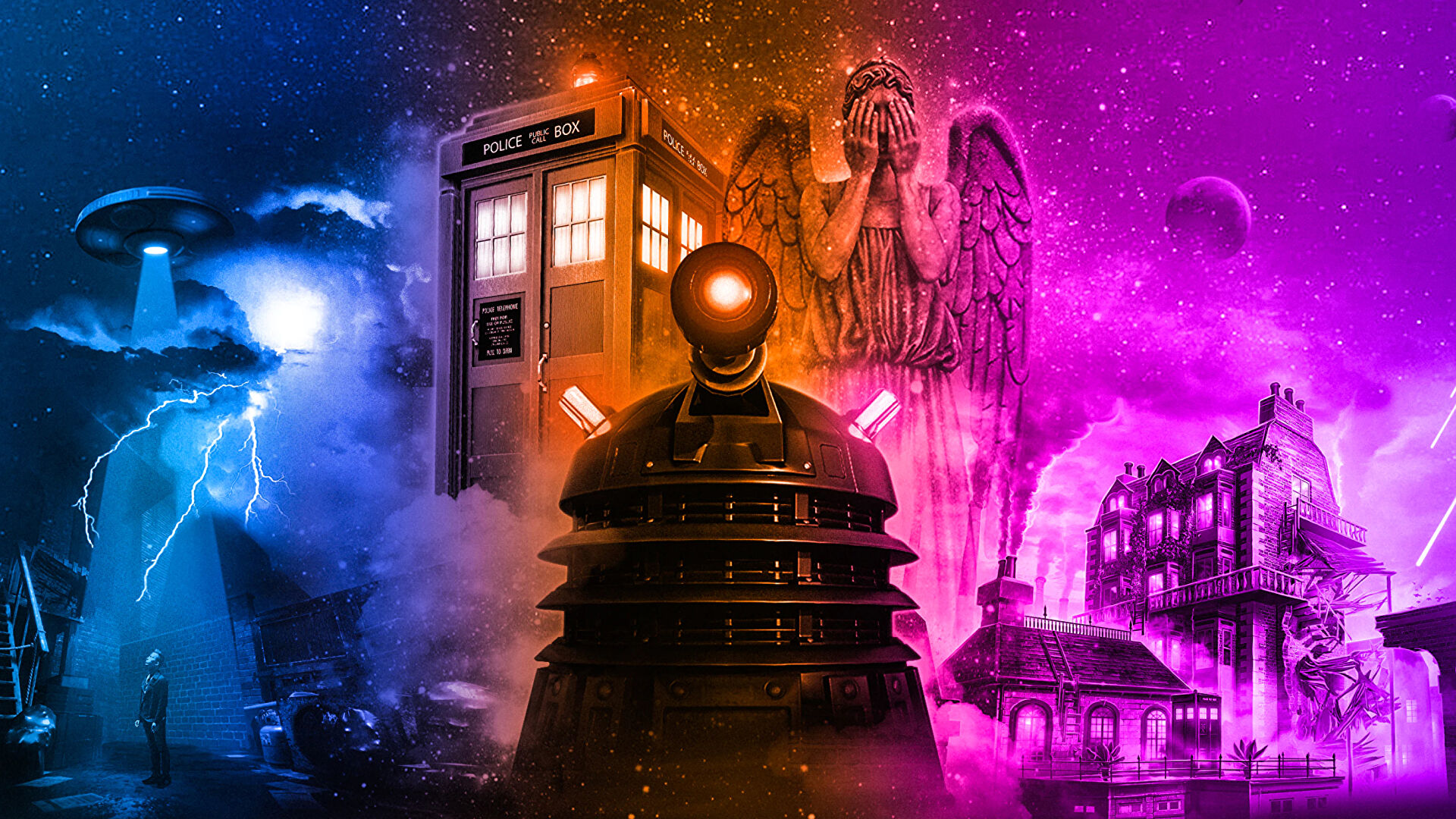As the rebooted show shoots for international success, now is the time for a big-budget Doctor Who game Leave a comment
Doctor Who is regenerating. When I say that, I’m not just talking about the in-universe concept of the lead character’s cells re-growing to cheat death, the canon justification for a change in actor. I’m talking about the show as a whole: it’s morphing, changing. It’s about to be something very different and very new, with a dash of the familiar all the same.
This isn’t all that uncommon with Doctor Who. More so than with its similarly long-running American rival Star Trek, the ‘blue box show’ can be divided fairly neatly into eras depending on the creative teams in charge and the actors portraying the Doctor. Nevertheless, this is a bigger change-over than most – in part because it marks the return of legendary TV writer Russell T Davies to the top job as showrunner, but also and more importantly because it sees the series welcome in American money and influence.
Davies’ return is important because he’s the man that revived the show in 2005 after over a decade off-air, going on to deliver some of the series’ biggest popularity. He’s also a canny writer, deftly weaving biting real world commentary into family-friendly science-fiction romps. But the money, naturally, is even more important – and this time, Doctor Who has the backing of Disney.

